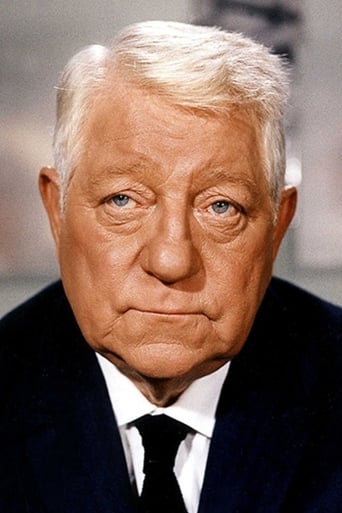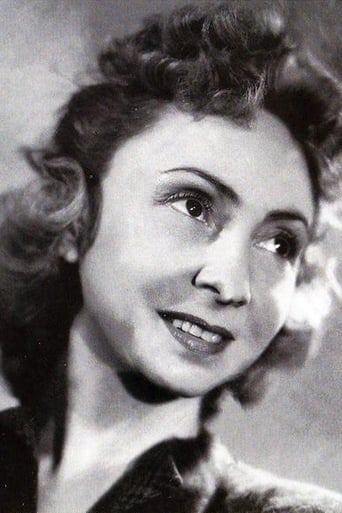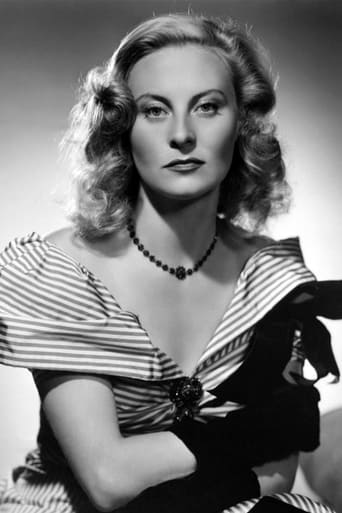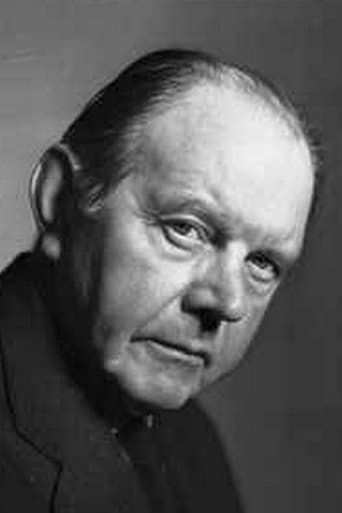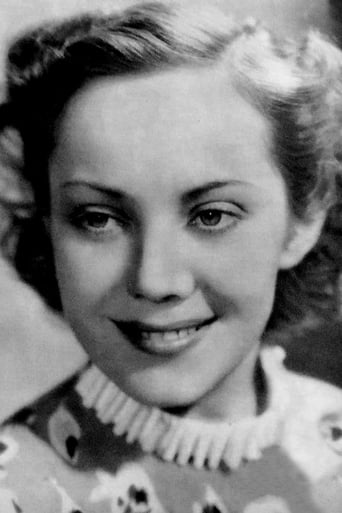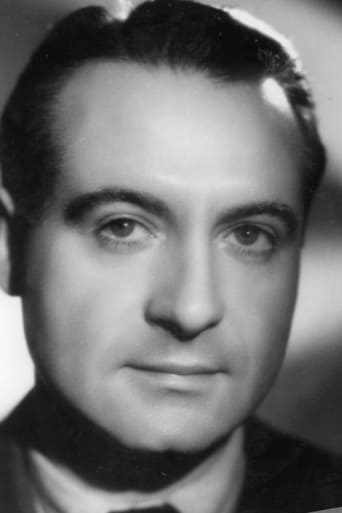VeteranLight
I don't have all the words right now but this film is a work of art.
UnowPriceless
hyped garbage
CommentsXp
Best movie ever!
Kaelan Mccaffrey
Like the great film, it's made with a great deal of visible affection both in front of and behind the camera.
gavin6942
Andre Laurent, the captain of a tugboat, married Yvonne ten years ago. She has a heart disease but does not want to tell him. She dreams he quits his job so they can live quietly. One night, during a sea rescue, he meets Catherine. She wants to leave her husband, the captain of the rescued ship.Jean Grémillon (1901-1959) seems to be a director who knows what he wants. He started this film as the war began (or just prior), and despite France being taken over by Germany, and having to reshoot some footage, he kept at it. And what we get is actually a really good movie. Sometimes I think Criterion releases their eclipse sets just to make a point of saying France, Japan, etc still had movies during World War II, and is not necessarily concerned about how influential or important they may be.This one looks beautiful and surely had an impact. It reminds me of the sort of cinematography we got from the val Lewton-produced films.
zetes
Jean Gabin stars as the captain of a tugboat. On a job, he rescues Michele Morgan. Later, they begin a romance, though Gabin is married to the lovable but perpetually worried Madeleine Renaud. This is a pretty good film, though it has some major flaws. The scenes in the stormy seas (which is what the title literally means) look particularly great for the time. The major flaw, as I see it, is that the relationship between Morgan and Gabin just happens too quickly, and is thus not that believable. In the scenes between Gabin and Renaud, their relationship seems so wonderful and loving that it's hard to believe he'd dump her so quickly - like later the same day, pretty much. The film's finale is quite powerful. The performances throughout are excellent, especially Gabin's. Jacques Prevert co-wrote the script.
evening1
I was surprised to see poet Jacques Prevert credited as a writer of this rather vapid film about married life and the ravages of adultery. The dialog is generally quite ordinary.Gabin, never handsomer in a film, isn't too convincing as a ship captain. It's rather painful to see his polite but passionless treatment of his adoring wife, played by a bland Madeleine Reynaud. And I couldn't see what he saw in Michele Morgan as the unhappy married woman who seduces him. Clearly he was using her to self-stimulate but when he tells her he loves her all one can think is "Come again?"Some of the ocean scenes are interesting and the wind-whipped rain at the end is fairly atmospheric.Mostly, though, I felt the actors here were just phoning in their performances.I'll never pass up a Gabin film so I'm glad I sat through this. But it isn't memorable.
allenrogerj
A fine and interesting film with flaws which harm it. In part it's an action film- the first forty five minutes or so depict that rescue of a freighter by a salvage tug in a storm, with a lot of pretty good model work- you could imagine Bogart or Spencer Tracy playing Captain Laurent in a remake. On the other hand it's also a study of a particular society- the world of the deep-sea tug men and their wives and families- and there's a kind of mystical aspect too, in the actual relationship of the men and their work. They are portrayed as following a kind of vocation, with altruism as important as profit and their relationships with one another are as important as those with their families. There is a scene with the manager of the firm that owns Laurent's tug that shows the difference between them. The relationships between Laurent and his wife Yvonne and Catherine/Aimee is shown as reflecting his relationship with the sea. The trouble is the different aspects of the film don't fit together properly. Yvonne's illness may be connected with her husband's work; Catherine may be a mysterious being- the sea come to life perhaps or a kind of mermaid or someone who leads Laurent to betray his way life- or she may be a strong woman with a contemptible husband who finally breaks away- we see enough of her with her husband to want to know more, but not enough to understand why she married or remained with him. Equally, we need to know either more or less about Laurent's marriage- why don't they have children for example? In other films Prevert and his collaborators can combine these aspects effectively, but for some reason they don't manage it here. At the end, though, there are extraordinary and extraordinarily moving scenes. Catherine has told her Laurent her secret name- Aimee- when the bosun- a man we know is a thinker and a melancholic- comes to collect Laurent to see his dying wife. "Unhappy men can find each other." he explains to Catherine, who knows she has lost Laurent and prepares to leave Brest. Yvonne dies- as she wanted- with her husband by her. She asks him to say "I love you." but we never know if he said it or not- we see the doctor and the others in the next room and hear a terrible shriek of "Yvonne!" from Laurent and we know she has gone. As if her death had made it possible, a crewman comes with news of a salvage- and their chief rival, a Dutch tug, too, that needs help- and Laurent ignores them. The crewmen go down to the ship and prepare it for sea.The music is a mixture- a burial service, prayers for the dead, plain-chant, the tug's siren moaning and the wind and rain. AS the boat prepares to leave Laurent is seen hurrying down the harbour steps and along the gangplank to give orders to the engine room. Of all the moments of magical realism that Prevert put into his film scripts and made with directors this is surely the most extraordinary and the most moving- it transcends every fault that preceded it and made the film worthwhile.
